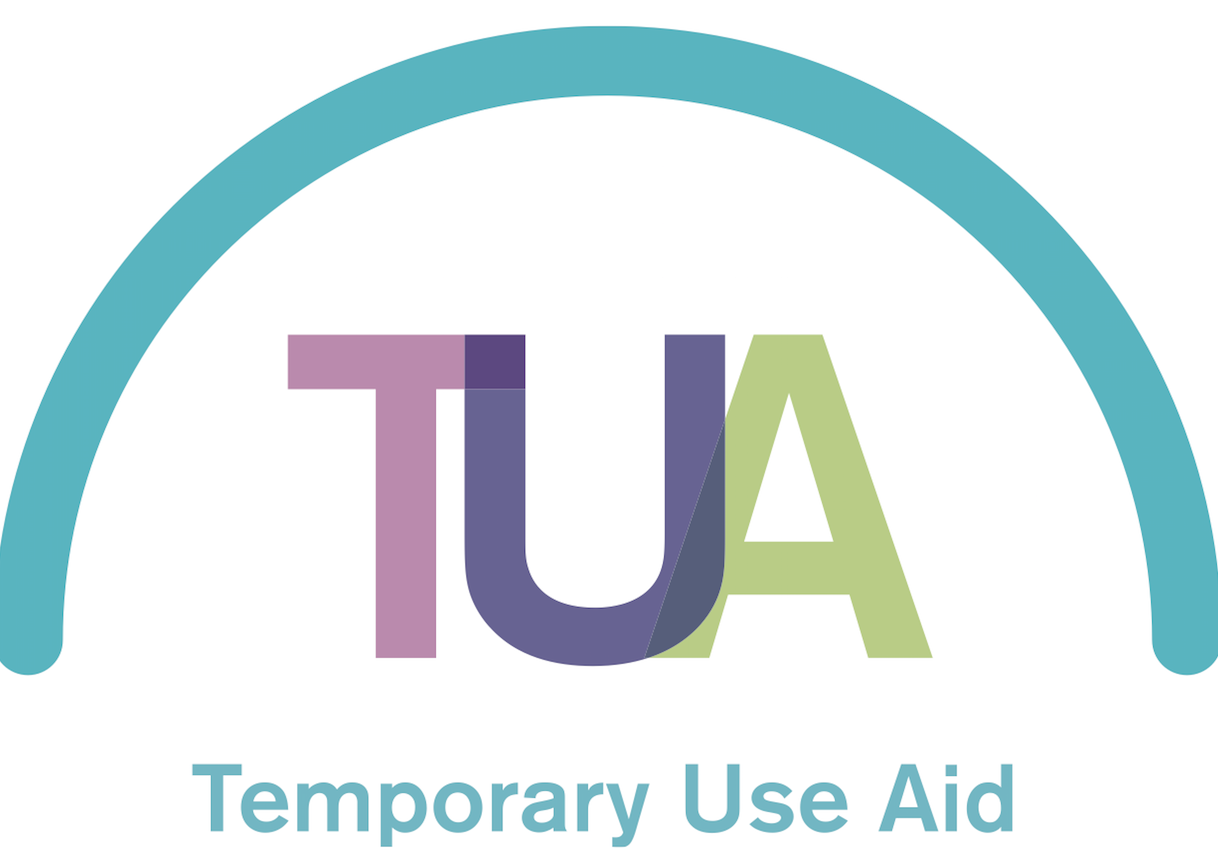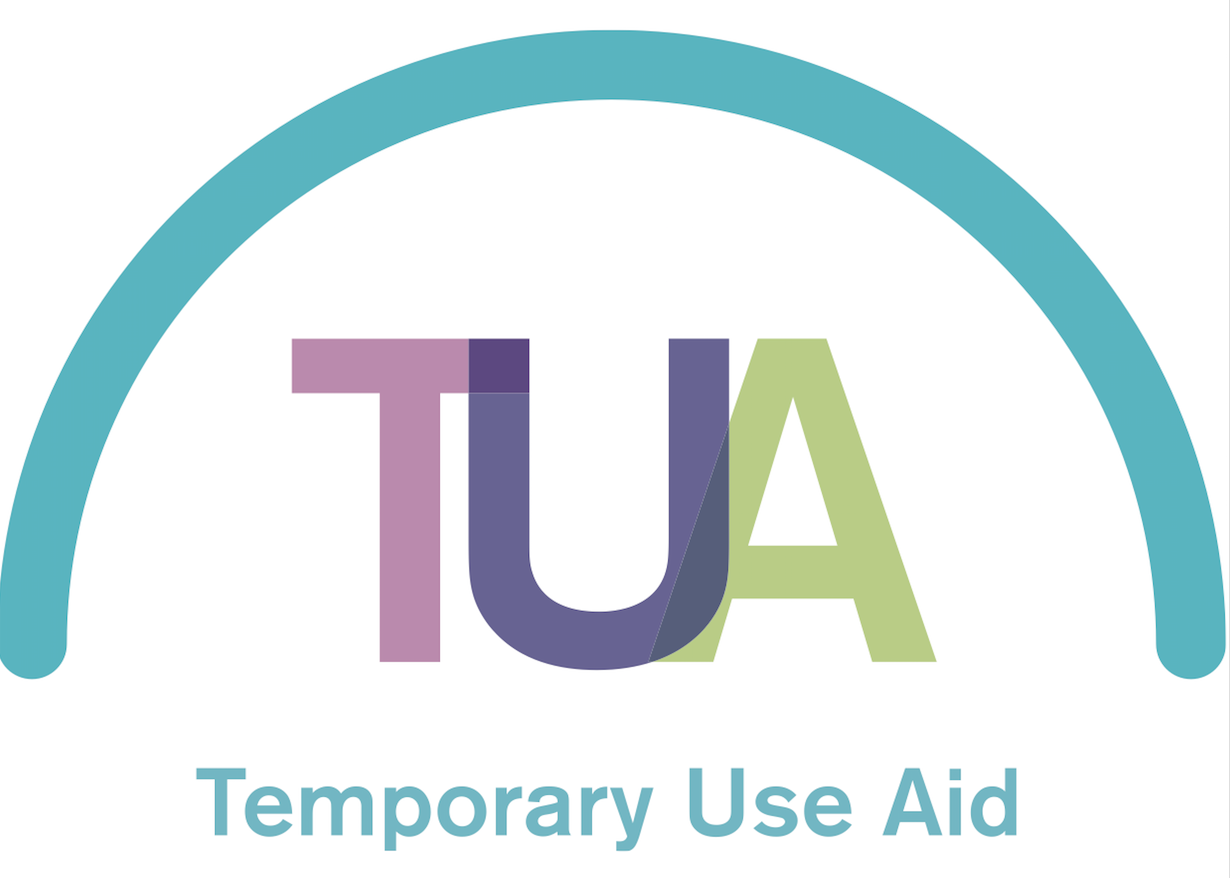Fundamentals of Planning a Successful Charity or Fundraising Event

Planning a charity or fundraising event can be a rewarding experience that not only benefits your chosen cause but also brings people together for a common purpose. Whether you’re organising a charity run, a gala dinner, a community cleanup, or any other event, careful planning is essential to ensure its success. In this comprehensive guide, we will delve deeper into the fundamental steps to help you get started on your journey to creating a memorable charity or fundraising event.
Define Your Purpose and Goals
The first step in planning a charity event is to clearly define your purpose and set specific, measurable, and attainable goals. Ask yourself:
- What is the cause you are supporting, and why is it important?
- What are you trying to achieve with this event (e.g., raising a certain amount of funds, raising awareness, or bringing the community together)?
- Who is your target audience, and how can you reach them effectively?
- How will the event align with your charity’s mission and values?
Having a clear understanding of your purpose and goals will guide your event planning and help you communicate your mission effectively to both your team and potential supporters.
Assemble a Dedicated Team
Successful charity events are a team effort. Assemble a group of passionate and dedicated individuals who are willing to volunteer their time and expertise. Assign specific roles and responsibilities, such as event coordinator, marketing manager, finance manager, and volunteers. Regular communication and collaboration among team members are essential to ensure everything runs smoothly. Encourage brainstorming and idea-sharing to tap into the collective creativity and experience of your team.
Set a Realistic Budget
Create a detailed budget that outlines all your expected expenses and potential sources of income. Be realistic about your financial expectations and ensure that your event is financially sustainable. Consider different fundraising strategies, such as ticket sales, sponsorships, in-kind donations, merchandise sales, and more. Having a well-planned budget will help you manage your resources efficiently and avoid unexpected financial setbacks.
Choose the Right Date and Venue
Select a date that suits your target audience and ensures the availability of key participants. Ensure that your chosen date doesn’t clash with other significant events in your community or industry that could compete for attention. The venue should be suitable for the type of event you’re planning and accommodate the expected number of attendees. Negotiate with the venue to secure a reasonable price, and ensure it complies with any necessary permits or regulations. Be mindful of accessibility and consider the comfort and safety of your guests.
Develop a Compelling Event Concept
Your event concept should be engaging and align with your cause. Consider incorporating elements like guest speakers, entertainment, auctions, or interactive activities that resonate with your audience. A strong concept can help attract more participants and increase engagement. The concept should tell a compelling story about your cause, making attendees feel emotionally connected and motivated to support your mission.
Promote Your Event
Create a comprehensive marketing plan that includes online and offline strategies.
Use social media, email marketing, your charity’s website, and local media to promote your event. Design eye-catching promotional materials, such as flyers, posters, social media graphics, and press releases, to build excitement and encourage attendance. Engage with influencers and local media outlets to help spread the word and generate interest in your event.
Consider reaching out to local businesses and community organizations to help with promotion and to expand your reach. Leverage the power of word-of-mouth marketing by encouraging your team, volunteers, and supporters to share the event details with their networks.
Secure Sponsors and Donations
Reaching out to potential sponsors and donors who are aligned with your cause is a crucial aspect of your fundraising efforts. Seek financial support, in-kind donations, sponsorships, and partnerships to help cover costs and increase your fundraising potential. Ensure that you acknowledge and thank your sponsors in a meaningful way, such as offering them recognition in event materials, on your website, or through social media shoutouts.
Plan for Logistics
Pay meticulous attention to the logistical details of your event, including registration, ticketing, transportation, catering, security, and volunteer coordination. Develop a comprehensive timeline and checklist to ensure you don’t miss any critical details. Make contingency plans for unforeseen circumstances to ensure the event runs smoothly. This may involve preparing for unexpected weather conditions, addressing technical issues, or dealing with last-minute changes.
Execute the Event
On the day of the event, ensure that everything is set up according to your plan. Have a dedicated team to manage different aspects of the event, and be prepared to address any issues that may arise. Keep the focus on your cause and engage with your attendees. Make sure your volunteers are well-trained and motivated, and have a clear chain of communication for any unforeseen issues that may arise. Create a welcoming and inclusive atmosphere that encourages participants to connect with one another and with your cause.
Follow Up and Thank Your Supporters
After the event, send thank-you notes to all participants, volunteers, sponsors, and donors. Express your gratitude and share the impact of the event with your supporters, detailing how their contributions have made a difference. This not only shows appreciation but also encourages continued support for your charity. Consider sending personalized follow-up emails or letters, sharing event photos, and highlighting the positive outcomes made possible through their support.
Conclusion
Planning a charity or fundraising event is a significant undertaking, but with careful preparation, dedication, and effective execution, you can create a successful and memorable occasion. Remember to stay true to your cause, involve your community, and always express gratitude to your supporters. Your efforts will not only raise funds but also raise awareness and bring people together for a common, meaningful purpose. As you continue to build a network of supporters, you’ll be better equipped to make a lasting impact on the causes you hold dear. Good luck with your event planning, and may your charity’s mission continue to thrive and inspire positive change in the world.
For more information or help with event planning, please reach out to:
Manolya Bayur
Event Management & Travel Consultancy
manolyabayur@imbconsultancy.co.uk
07464281389


No responses yet